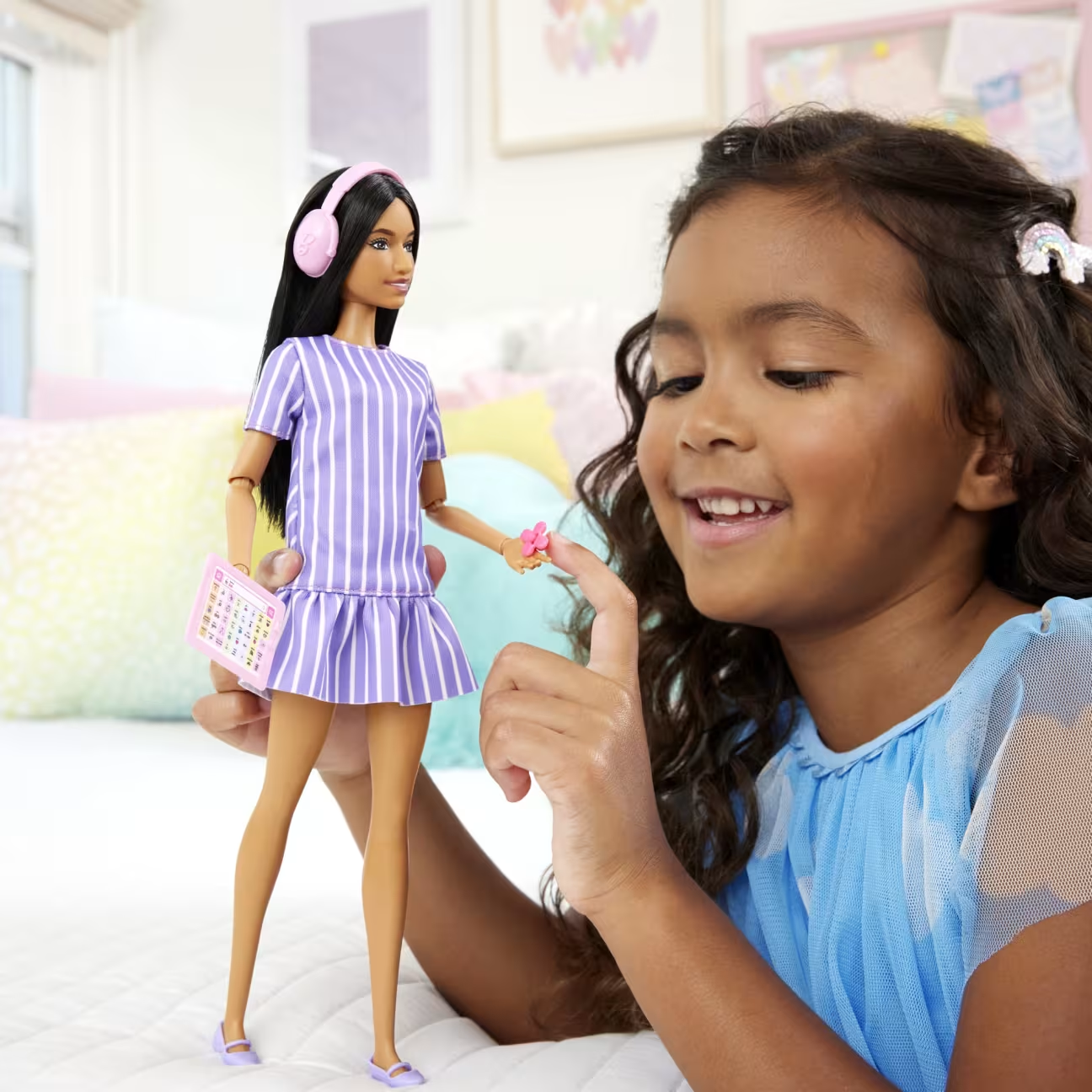Kids want smartphones, but, like other technologies, there are risks that go along with the rewards. Here’s some you should know about:
• Radiation: All cellphones emit radio waves, and for years, some people have worried their use may be associated with brain tumors. A National Institutes of Health fact sheet — which summarizes recent research — concludes that the largest study done to date found that “overall, cellphone users have no increased risk for two of the most common types of brain tumor.” (The complete fact sheet is available at www.cancer.gov/cancertopics/factsheet/Risk/cellphones.)
On a more cautionary note, at National Toxicology Program seminar last fall, experts warned that there aren’t yet studies about how cellphone use might impact young brains over time. To be on the safe side, try to limit the amount of time kids spend with phones pressed against their heads. If your child’s social life depends upon a lot of cellphone talking, consider getting a headset. Using the device for texting, gaming or other purposes, is less likely to expose children to risk.
• Hearing loss: Many smartphones have headphones and music players, and here the evidence is clear: listening to loud music through headphones can cause hearing loss. A study done by researchers at Harvard University found that one in five teens already can’t hear whispering.
Getting teens to take this problem seriously isn’t easy: if they can hear you when you tell them to turn the volume down, they may actually crank it up.
Once you’ve gotten your child’s attention, put an indelible mark on the cellphone to show when the volume is turned halfway up. If your child sets the device higher, enforce time limits. Offer noise-canceling headphones, because if there’s less interference from background sound, your child won’t need as much volume.
If you or your child uses Apple devices, check its website for free downloads that will automatically limit volume.
• Distracted Driving: The many capabilities of smartphones make it more likely that teens will use them while driving. Even if you can convince your child that it’s dumb to text and drive, you may find it harder to make the case against finding a musical selection or GPS directions. Inexperienced drivers need to give their full attention to driving, so all these activities put them at risk. Talking about the risks of distracted driving should be your first step.
If your teen isn’t getting the message, you can get applications like Zoomsafer (www.zoomsafer) which blocks signals to a phone in a moving vehicle.
Parents should also help kids think through what they will do if another driver is texting while they are in the car., like offering to text on the driver’s behalf. Giving the phone to a passenger is a perfectly reasonable strategy when your child is driving.
• GPS location: Cellphones sold in North America have GPS tracking capability so 911 operators can locate users in an emergency. This technology can also be used by parents — and predators. All of the major carriers allow parents to add a service that will provide location alerts and, for that matter, allow you to track your child’s movements on a map.
Parents need to think carefully about whether these services support or undermine their efforts to build trust and encourage responsible decision-making.
• • •
Of course, having a smartphone also puts the Internet in your child’s pocket, so before you hand one over, you’ll want to be confident that he understands how to be safe and responsible in a variety of online environments.
If your child’s online skills are still emerging, you may want to invest in nothing more than a simple cellphone that makes emergency calls. Or, consider a monitoring program like CellSafety (www.websafety.com) or Phone Advocate (www.phoneadvocate.com). Both will alert parents if kids stray into forbidden territory, such as sexting or cellphone cheating.
Most of all, remember that, despite their names, smartphones aren’t smart. Like other tools, their value always depends upon whether they are used in smart ways by smart people.
Carolyn Jabs, M.A., has been writing about families and the Internet for over 15 years. She is the mother of three computer-savvy kids. Other Growing Up Online columns appear on her website, www.growing-up-online.com.
@ Copyright, 2011, Carolyn Jabs. All rights reserved.













